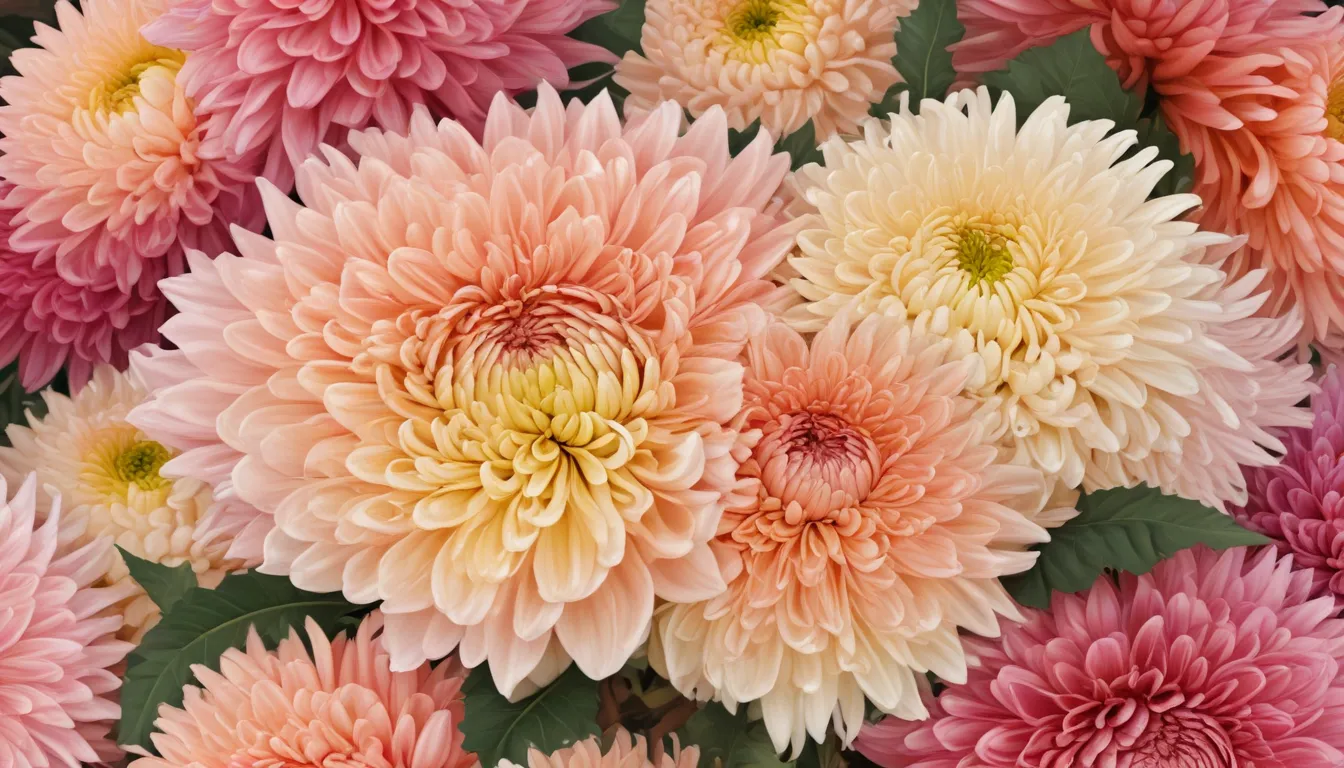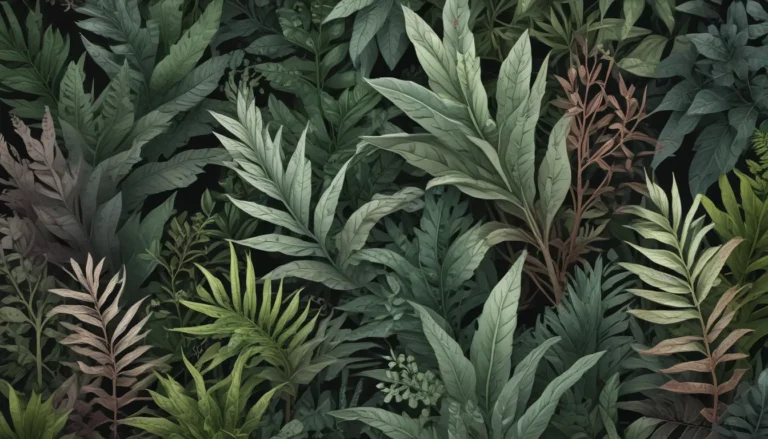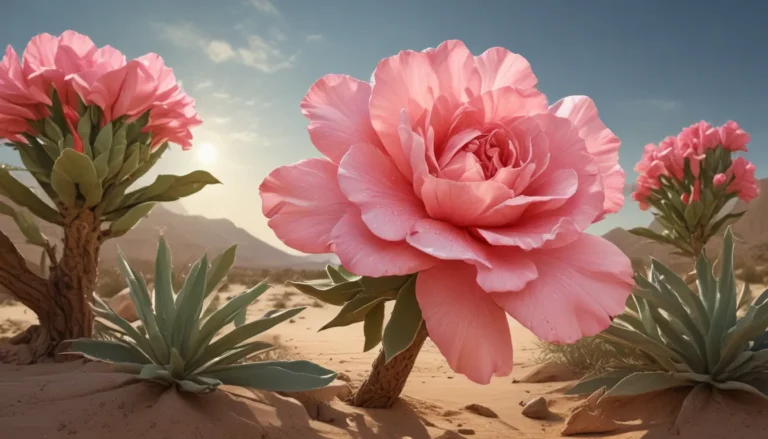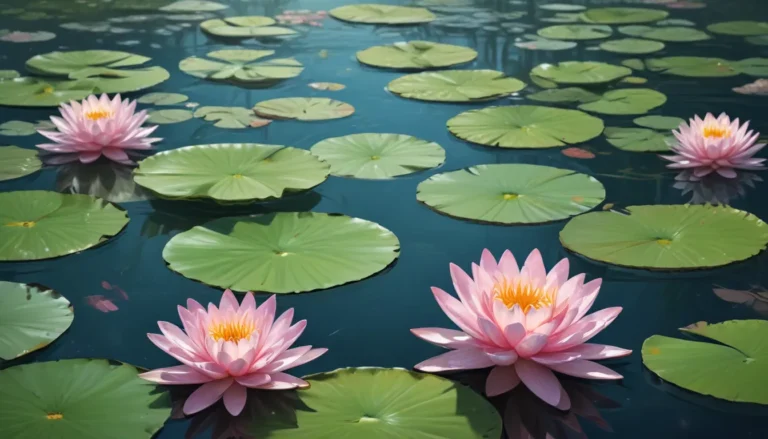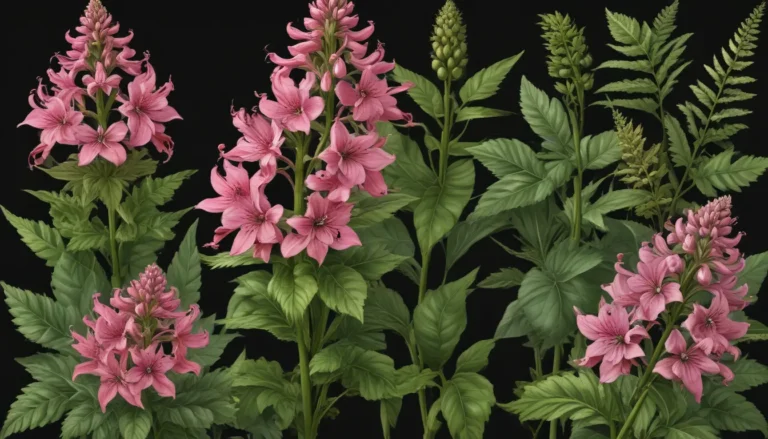The pictures we use in our articles might not show exactly what the words say. We choose these pictures to make you interested in reading more. The pictures work together with the words but don’t take their place. The words still tell you the important facts.
Chrysanthemums, lovingly known as "mums," have charmed gardeners and flower enthusiasts for centuries with their vibrant colors and unique petal formations. These versatile plants have found their way into gardens, floral arrangements, and even tea infusions, captivating us with their beauty. But there is much more to these remarkable flowers than meets the eye.
Key Takeaways:
- Chrysanthemums symbolize happiness, offer antioxidant properties, and are used in traditional medicine. They are also the birth flower for November, making them a meaningful gift for November birthdays.
- Chrysanthemums come in a stunning array of colors and flower forms, making them a versatile choice for floral arrangements and garden displays. They also have a long vase life and are popular in bonsai cultivation.
Chrysanthemums: Symbol of Happiness and Longevity
Chrysanthemums, or mums, hold significant symbolic meanings of positivity, joy, and longevity in various cultures worldwide. These flowers are often associated with celebrations and are believed to bring good luck and prosperity.
The Diverse Colors of Chrysanthemums
With over 40 different species and thousands of varieties, chrysanthemums display a breathtaking spectrum of colors. From vibrant reds and oranges to soft pinks and purples, these flowers offer endless options for floral arrangements and garden displays.
The Rich Cultural Heritage of Chrysanthemums
Originating in ancient China for their medicinal properties, chrysanthemums made their way to Japan, where they became the national flower. They are prominently featured in traditional art, festivals, and even the Japanese Imperial Family's crest.
Exploring Cultural Meanings
In Japan, chrysanthemums symbolize autumn and represent virtues of nobility and honor. In Chinese culture, they are seen as a symbol of perfection and are used in various ceremonies and offerings.
A History of over 2,500 Years
Chrysanthemum cultivation dates back to ancient times, with records of cultivation in China as early as the 15th century BCE. These flowers have been selectively bred for desired characteristics, resulting in the remarkable variety we see today.
Antioxidant Power of Chrysanthemums
Studies show that chrysanthemums contain compounds with antioxidant properties that may protect against oxidative stress and support overall health. These antioxidants have been linked to reducing inflammation and boosting immune function.
A Popular Choice: Chrysanthemum Tea
Chrysanthemum tea, made from the flowers, is a beloved beverage in many Asian countries. Known for its delicate floral aroma and refreshing taste, it is enjoyed for potential health benefits such as improving digestion, reducing anxiety, and promoting relaxation.
Beautiful Flower Forms
Chrysanthemums exhibit a range of flower forms, from daisy-like blooms to spider-shaped petals and pompon-like clusters. Each form offers a unique aesthetic appeal, making chrysanthemums a versatile choice for floral arrangements and garden design.
Traditional Medicinal Uses
In traditional Chinese medicine, chrysanthemums are valued for their cooling properties and used to treat ailments like headaches, high blood pressure, and inflammation. The flowers are often steeped in hot water to create medicinal teas or herbal remedies.
Autumn’s Favorite Flower
Synonymous with fall, chrysanthemums are widely used in autumn decorations, from centerpieces to wreaths. These flowers bring beauty and warmth to seasonal displays.
Long-lasting Beauty
Chrysanthemums are known for their long vase life, lasting up to two weeks with proper care. Their resilience makes them an excellent choice for floral arrangements and bouquets.
November’s Birth Flower
If you were born in November, chrysanthemums are your birth flower. Associated with loyalty, love, and friendship, they make a meaningful gift for November birthdays.
Artistry in Bonsai Cultivation
Chrysanthemums are often cultivated as bonsai trees, showcasing their natural beauty and adaptability to confined spaces. The intricate shaping of these miniature trees creates stunning expressions of nature's artistry.
Medicinal Potential
Apart from traditional uses, chrysanthemums have been studied for their therapeutic benefits. Extracts from the flowers show antimicrobial, anti-inflammatory, and anticancer properties in scientific research.
Appreciation in the United States
Cherished for their vibrant colors and contribution to autumn displays, chrysanthemums are beloved in the United States for their hardiness and ability to withstand cooler temperatures.
Pest-Resistant Varieties
Through selective breeding, horticulturists have developed chrysanthemum varieties resistant to common pests and diseases. This characteristic makes them easier to grow with minimal pesticide use.
Distinctive Fragrance
Many chrysanthemum varieties emit a subtle yet distinctive aroma, enhancing their overall appeal. From mild and floral scents to slightly spicy notes, the fragrance adds to the sensory experience of these beautiful flowers.
These astonishing facts about chrysanthemums shed light on their cultural significance, beauty, and potential health benefits. Whether you enjoy them as decorative blooms, in tea form, or for their symbolism, chrysanthemums hold a special place in our hearts and gardens.
Conclusion
Chrysanthemums truly stand out with their rich history and fascinating characteristics. From their diverse colors and shapes to their symbolic meanings across cultures, these blooms have captivated people for centuries. Whether as decorations, remedies, or culinary delights, chrysanthemums continue to be cherished for their beauty and versatility.
With their resilience in different climates and roles in global traditions, it's no surprise that chrysanthemums hold a special place in many hearts. The next time you encounter these vibrant flowers, take a moment to appreciate the astonishing facts that make them truly extraordinary.
FAQs
- Are chrysanthemums easy to grow?
-
Yes, chrysanthemums are relatively easy to grow with proper care and attention.
-
Do chrysanthemums have medicinal properties?
-
Chrysanthemums have been used in traditional medicine for centuries and are believed to offer various health benefits.
-
Can chrysanthemums be eaten?
-
Certain varieties of chrysanthemums can be consumed, subject to safety considerations.
-
Are chrysanthemums symbolic?
-
Chrysanthemums hold significant symbolic meanings in various cultures, representing joy, happiness, and longevity.
-
Can chrysanthemums survive in colder climates?
- Some chrysanthemum varieties are hardy and can withstand cold temperatures with proper protection.
Uncover the captivating world of chrysanthemums with these fascinating facts that showcase their beauty, history, and significance. Dive into the extraordinary details that make these blooms a cherished part of our lives and traditions.
